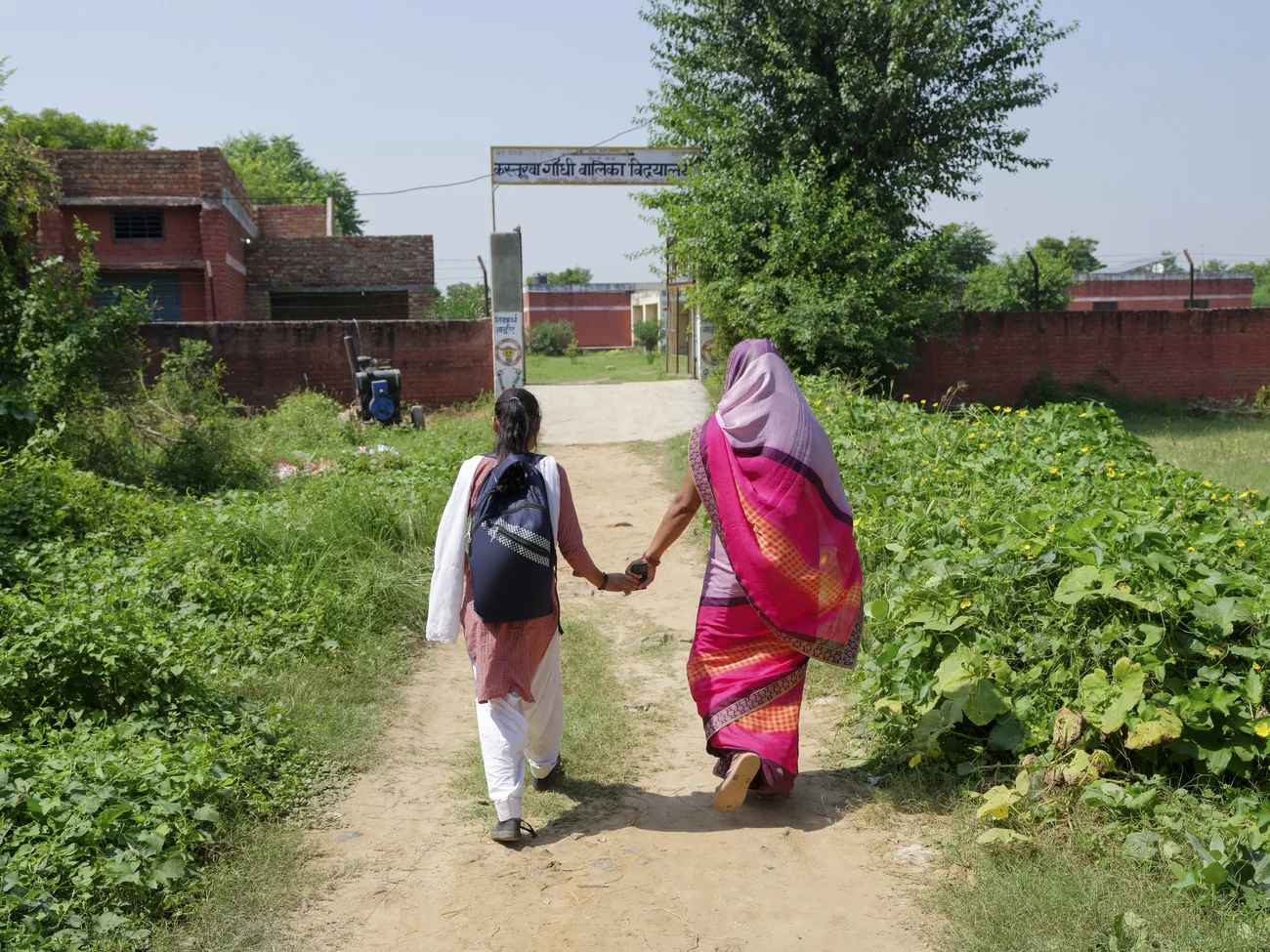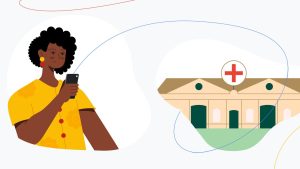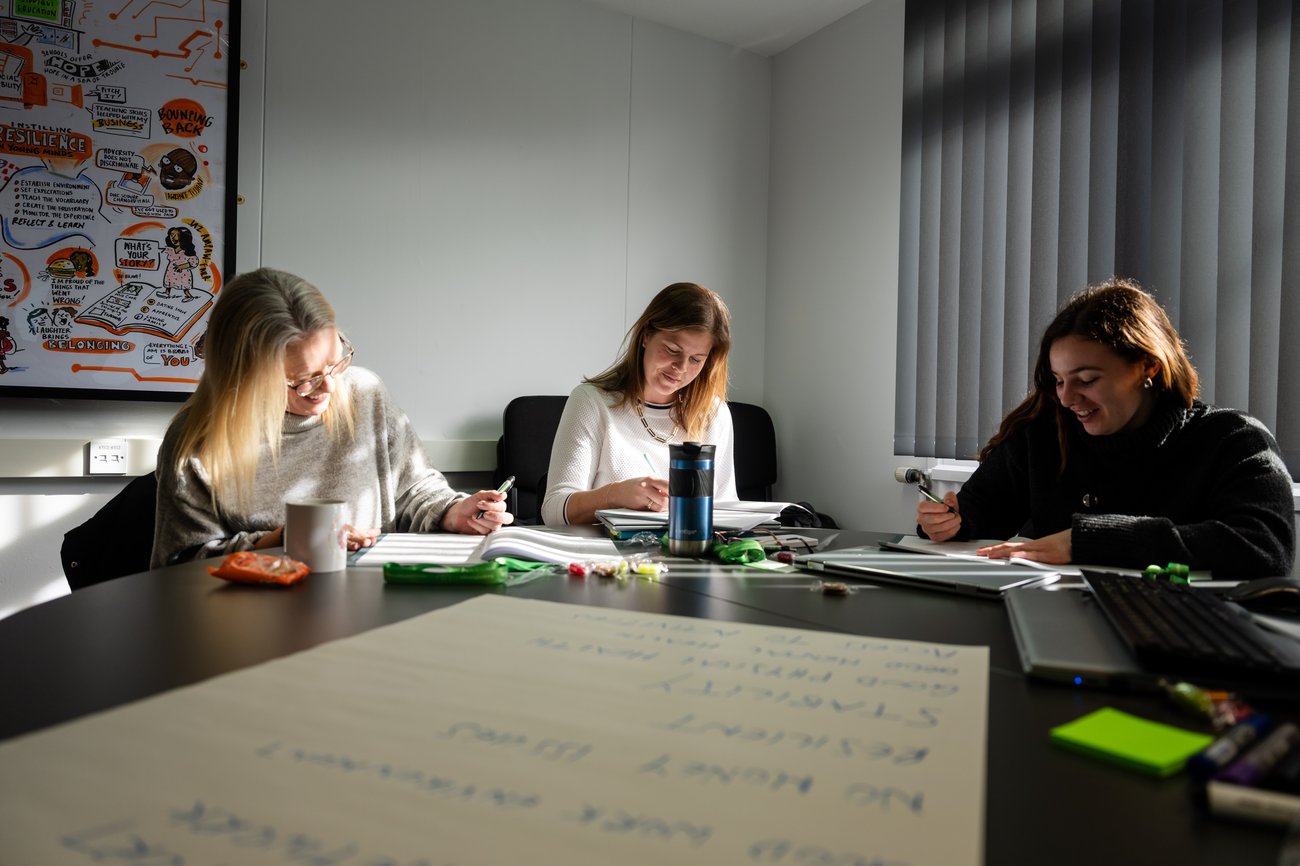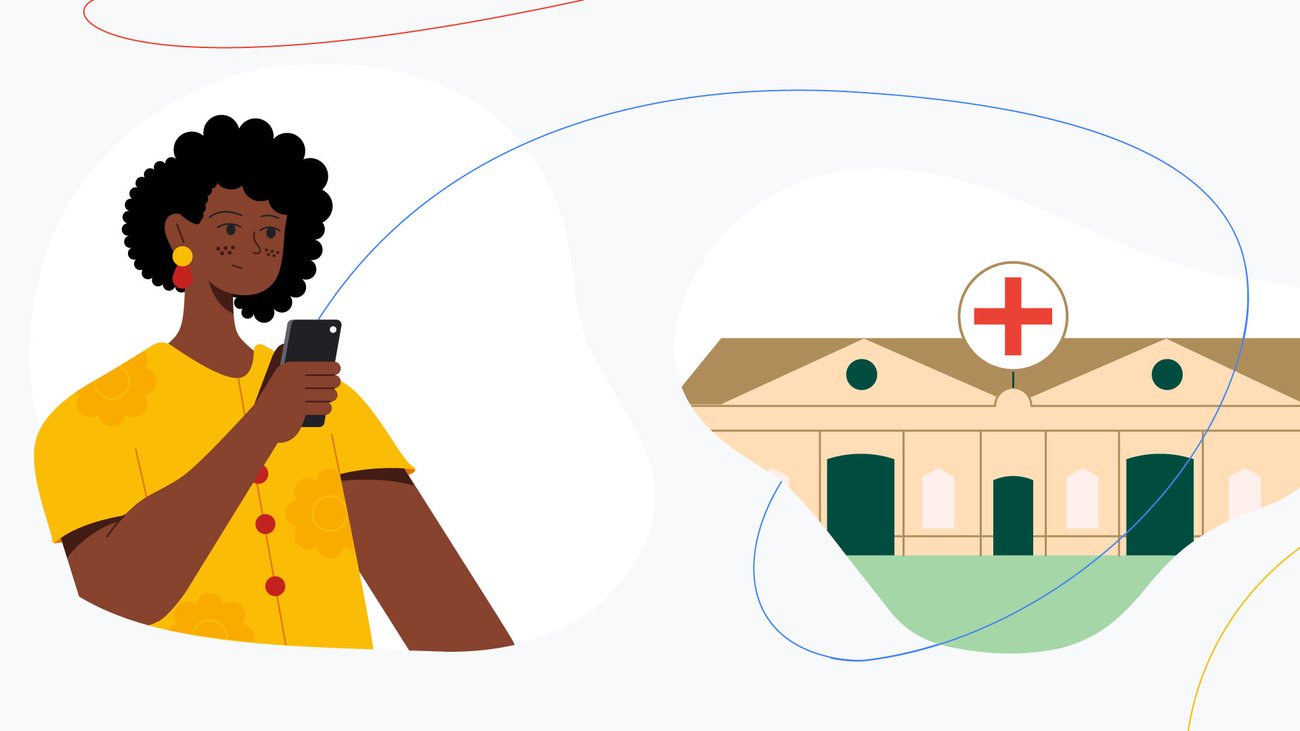[ad_1]
In 2021, Google.org announced the Impact Challenge for Women and Girls, a $25 million commitment to fund organizations around the world that are creating pathways to prosperity for women and girls. In addition to funding, recipient organizations had the chance to participate in the Google for Startups Accelerator program, in partnership with Women Techmakers, which provides training, networking and mentorship with the help of a dedicated support group of Googlers. In celebration of International Women’s Day coming up on March 8, we’re sharing the story of one of these organizations — SwaTaleem — and the impact that technology can have on the lives of women and girls.
SwaTaleem is an organization in India that provides education to historically marginalized girls between the ages of 10 and 18. SwaTeelem’s co-founder, Ananya Tiwari, is dedicated to helping women across India access education, connect to technology, overcome language barriers, and achieve financial freedom. To help, SwaTaleem was created to provide educational materials on subjects ranging from foundational science to financial literacy via audio files that can be played anywhere — even without internet access.
Many of the girls that SwaTaleem supports have only one basic mobile phone in their households, so Ananya knew that the lessons couldn’t come through apps for smartphones. Instead, lessons come in the form of stories that feature young Indian women like themselves. Using an interactive voice response system over a phone line, similar to the ones used by customer service help lines, girls can engage with the content. Some girls also choose to put their phones on speaker mode so other members of their family can benefit from the lessons too.
SwaTaleem continually monitors feedback from their program participants to understand use and whether girls are finding content engaging. Early on, the organization struggled to manage translations for the many different languages and dialects spoken in the communities they work with across India. Initially, SwaTaleem field workers collected feedback from students in their own languages using hand-written notes, and then needed to find ways to translate them. Through the Accelerator, SwaTaleem piloted a natural language processing tool with a team of Googlers, which allowed the team to take voice recordings instead, and then create automated translations. As SwaTaleem plans to scale this pilot in the future, this technology will help the team spend less time on data collection and translation, and more time fostering relationships with the young women they serve.
In recognition of her inspiring work, Ananya was chosen as a Google.org Leader to Watch for 2022, giving her access to even more platforms to raise awareness for SwaTaleem and the issues many women in India face. Last year, with support from Google.org, Ananya attended events in Washington D.C. and New York City where she met with funders and policymakers to advocate for more focus on underrepresented girls in rural India.
SwaTaleem has already helped nearly a thousand girls change their future. With help from the Google.org Impact Challenge, we hope that number continues to grow.
[ad_2]
Source link







